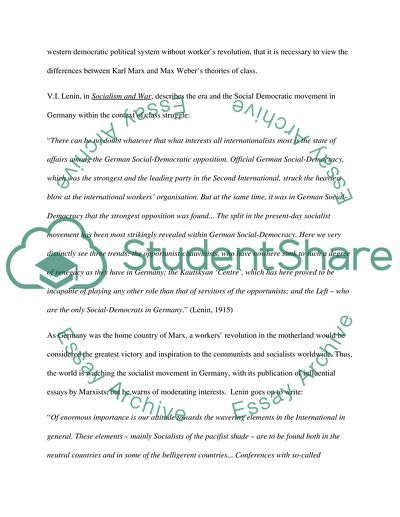Cite this document
(“Comparing the way that Karl Marx and Max Weber perceive social classes Term Paper”, n.d.)
Retrieved from https://studentshare.org/miscellaneous/1574684-comparing-the-way-that-karl-marx-and-max-weber-perceive-social-classes
Retrieved from https://studentshare.org/miscellaneous/1574684-comparing-the-way-that-karl-marx-and-max-weber-perceive-social-classes
(Comparing the Way That Karl Marx and Max Weber Perceive Social Classes Term Paper)
https://studentshare.org/miscellaneous/1574684-comparing-the-way-that-karl-marx-and-max-weber-perceive-social-classes.
https://studentshare.org/miscellaneous/1574684-comparing-the-way-that-karl-marx-and-max-weber-perceive-social-classes.
“Comparing the Way That Karl Marx and Max Weber Perceive Social Classes Term Paper”, n.d. https://studentshare.org/miscellaneous/1574684-comparing-the-way-that-karl-marx-and-max-weber-perceive-social-classes.


